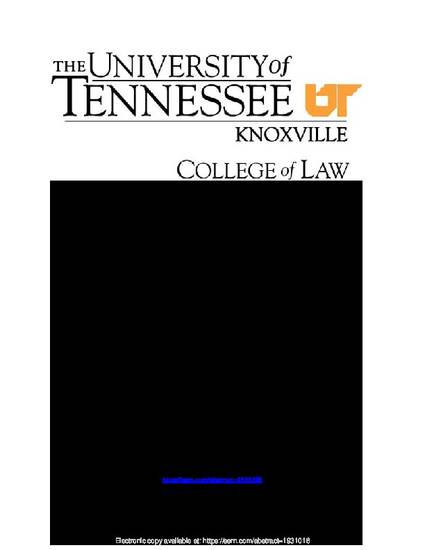
At the center of this article lies a decision in several civil law countries that have adopted the common law trust to restrict the office of trustee to banks and similar financial service institutions. Having had an opportunity to consider the trust anew, these countries represent a challenge to the common law where the individual – indeed the untutored individual – can still qualify as trustee (and serve in this capacity alone). This permissive common law regime obtains notwithstanding the size of the trust endowment or the number of beneficiaries whose interests might be at stake. Indeed, in some common law countries individuals can qualify as trustee not only of a personal trust (for transmission of family wealth), but also of a pension trust holding assets under a retirement plan sponsored by a large employer, or even of an indenture for holders of significant corporate debt. While it may be a rare individual who would be nominated to serve in these latter situations, nothing in the law directly precludes an individual from qualifying as sole trustee of even these trusts.
